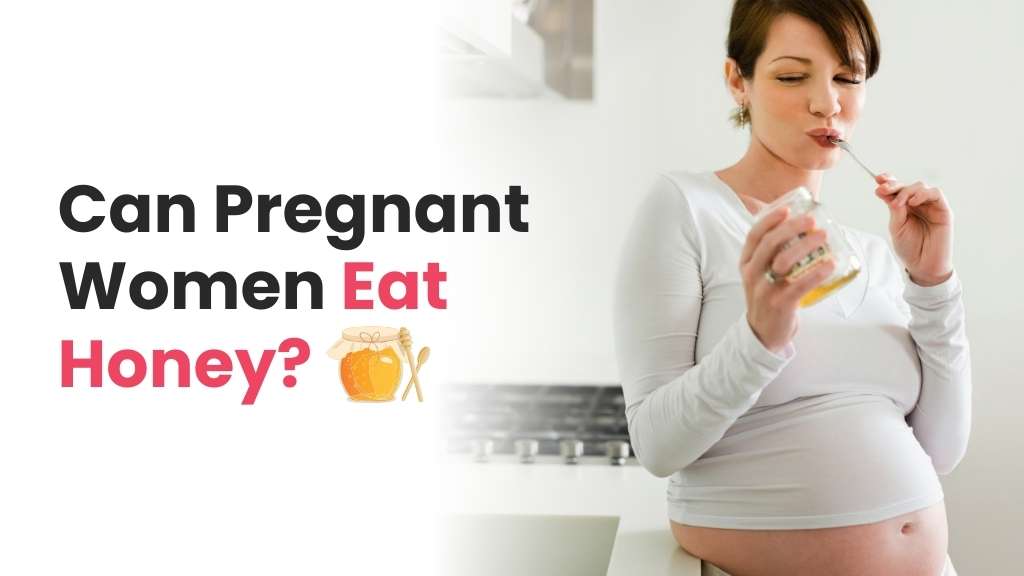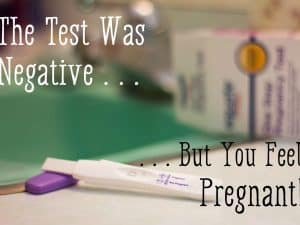
Table of Contents
Pregnancy is a time when dietary choices take on added significance, as expectant mothers seek to provide the best nourishment for themselves and their developing babies. Honey, a natural sweetener with various potential health benefits, is a subject of curiosity for many pregnant individuals. In this exploration, we will delve into the topic “Can pregnant women eat honey?” Considerations surrounding honey consumption during pregnancy, shedding light on the facts and guidelines for those expecting a child.
Can Pregnant Women Eat Honey?
Honey consumption is considered safe during pregnancy. Unlike infants under one year of age who should avoid honey due to the risk of botulism, pregnant women can enjoy honey without concern. The digestive system of adults can effectively handle the bacteria present in honey, rendering it a harmless choice for both the expectant mother and her developing baby.
Even if the bacteria somehow survive the stomach, research indicates that the chances of them passing through the placenta to affect the unborn child are exceedingly low. In the rare instances when pregnant women have contracted botulism from honey, there have been no reported cases of the illness impacting their infants.
Nonetheless, if you have gastrointestinal issues or specific conditions such as Crohn’s disease, inflammatory bowel disease, or a history of gastric surgery, it may be advisable to avoid honey for your own well-being. Individuals with these conditions, including adults and older children, might have an elevated susceptibility to bacterial infections linked to botulism in honey.
From a nutritional perspective, honey serves as a flavorful and slightly healthier substitute for sugar. It contains modest quantities of antioxidants, minerals, and enzymes that may offer some health advantages. Furthermore, honey can serve as a natural remedy for coughs and soothing sore throats, with certain types of honey possessing wound-healing properties.
So, it seems the answer to the question “can pregnant women eat honey” is yes. However, it’s crucial to consume honey in moderation. Honey is still classified as an added sugar and should be ingested in limited quantities. The American Heart Association advises women to restrict their daily sugar intake to no more than 6 teaspoons. If you are managing your weight or dealing with gestational diabetes, it may be prudent to abstain from honey and other added sugars entirely.
Can Pregnant Women Eat Raw Honey?
In all likelihood, yes. Unpasteurized or raw honey can often be found at bee farms, roadside stands, or farmer’s markets. While there haven’t been specific studies on the safety of raw honey during pregnancy, there is no evident reason to consider it unsafe. Unlike certain unpasteurized dairy products and deli meats that carry a risk of listeriosis, unpasteurized honey does not pose such concerns. In fact, raw honey, due to its minimal processing, is likely to contain higher levels of antioxidants.
It’s worth noting that the majority of honey available in stores is pasteurized, not primarily for safety reasons but for preservation and visual appeal. Pasteurization involves heating honey to 161 degrees F for 15 to 30 seconds, followed by rapid cooling. This process eliminates yeast cells (although not botulism spores) to prevent honey from fermenting. Additionally, pasteurization helps delay the crystallization of honey, keeping it in liquid form for a more extended period.
Occasionally, manufacturers may include unhealthy sweeteners like corn syrup in pasteurized honey. To avoid such additives, it’s advisable to check the ingredients label, ensuring it lists honey as the sole ingredient. Overall, the answer to the question of can pregnant women eat raw honey, is yes, they can. However, moderation is the key here.
Why is honey considered risky for infants?
Honey may harbor bacteria that, if ingested by a baby, can multiply in their underdeveloped digestive system and lead to infant botulism. This uncommon illness can result in paralysis and has the potential to be life-threatening. Because babies have immature intestines that cannot effectively combat this bacteria, it’s crucial to avoid giving honey to your baby until they reach the age of one.
Concluding Thoughts - Can Pregnant Women Eat Honey?
The question of whether pregnant women can safely consume honey revolves around balancing the potential benefits and risks. While honey offers natural sweetness and some potential health advantages, it should be enjoyed with caution during pregnancy. The primary concern lies in the risk of infant botulism, which can be serious and even fatal for newborns. Therefore, it is generally recommended that pregnant women refrain from consuming honey until after their child’s first year, ensuring both their health and that of their newborn. As with any dietary choice during pregnancy, it’s advisable to consult with a healthcare provider for personalized guidance and peace of mind.






